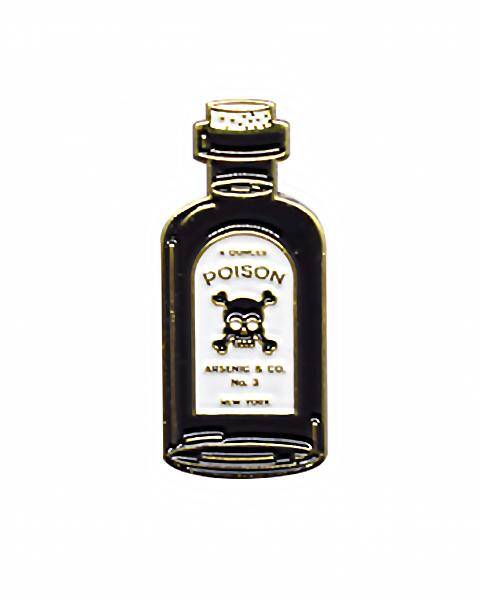In magical practice, poisonous herbs traditionally used in witchcraft are sometimes called the “baleful” herbs, which seem very ominous. After all, the word “baleful” means “having a harmful or destructive effect”.
The thing to remember is that these herbs are not in themselves evil; it is the user that can put them toward evil ends.
- Angel’s Trumpets – deadly poisonous
- Belladonna
- Most of the nightshade family
- Black Nightshade – contains solanine, a cardiac poison
- Bladderwrack
- Datura – contain dangerous tropane alkaloids–atropine, hyoscyamine, and scopolamine.
- Dogwood
- Foxglove
- Hellebore
- Hemlock
- Henbane – “This herb is dangerous to life!”
- High John
- Mandrake – “the plant contains a powerful cytotoxin (cell killer), so don’t ingest this root in any form for any reason. Some folks have experienced noxious effects from this plant simply by incorporating it into an incense.”
- Monkshood (Aconite)
- Pansy
- Pepperwort
- Poplar
- Scullcap
- Snakeweed
- Tabacco (many types)
- Wolfsbane
- Yew
All of these are Saturn plants, and you could use them to heal or to hurt! Some include other planetary influences.
Why use Saturn Herbs?
Here are some ideas:
- Sorcerers through the ages have chosen these plants when doing binding or hexing spells, rituals for breaking one’s own bad habits, or spellwork for connecting to crone/elder streams.
- Protection magic can also be considered under the guidance of these plants and energies.
- Astral travel, shape-shifting (or magical transformation), and psychic development are some positive advanced outcomes of working with these herbs.
- Works with Hekate
- Shapeshifting eg Henbane
- Sex Magic eg Belladonna
- Causing impotence or paralysing situation eg Hemlock is used in spells to cause impotence in men, and the plant is good for ritually paralyzing a situation
- Datura has been used to hex and to break hexes, to produce sleep and induce dreams, and for protection from evil
What are the symptoms of poisoning?
Each plant may have different symptoms of poisoning, but ingesting any of these plans may require urgent medical attention. For example, the symptoms of hemlock poisoning include nervousness, trembling, incoordination, dilated pupils, weak heartbeat, cold extremities, coma, and death caused by respiratory failure.
